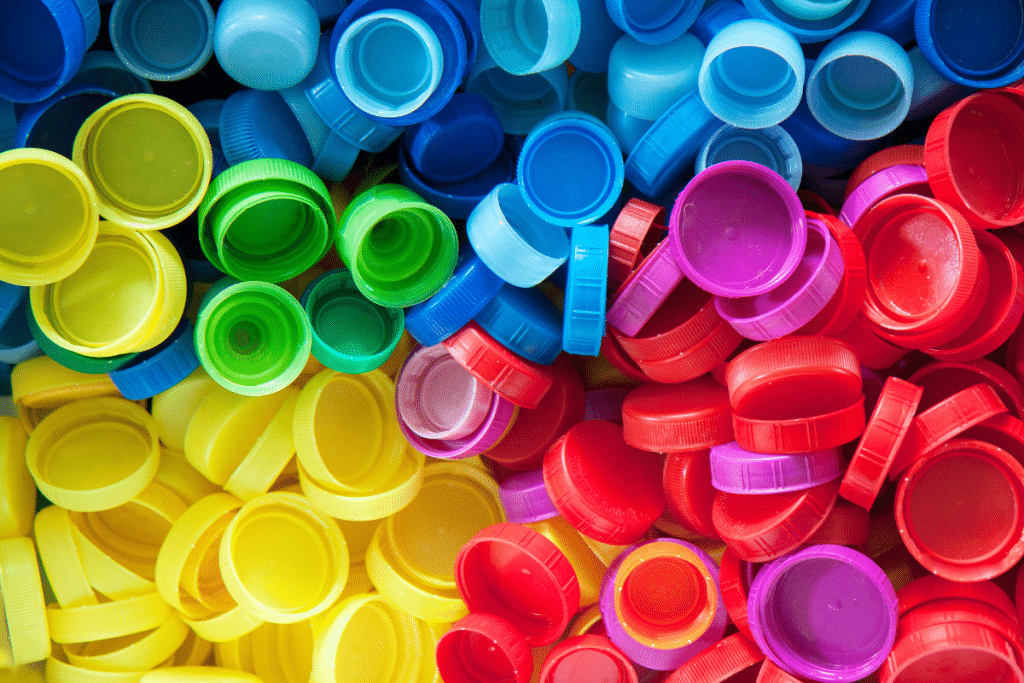One way to think about chemicals companies is that they’re in the business of producing products: mostly fertilizers, plastics, and then a bunch of other useful products. Sustainability is a product question: The products that the chemicals industry makes aren’t sustainable today, so it needs to figure out how to make sustainable products in the future. This is mostly the framing that you see from chemicals companies: BASF classifies its products as sustainably “challenged” or sustainable “accelerators” and sets specific revenue goals for each.
Another way to think about chemicals companies is that they’re in the business of asset management: Refineries and chemicals complexes are assets with very long lifetimes (there are still plenty of facilities from the 1970s still operating) and require continuous investment in both upkeep and upgrading. This constant investment requires steady demand growth, which the chemicals industry has enjoyed for the last 40 years or so. The products themselves are a little less important: You can turn base chemicals into a huge range of different materials; so as long as the overall market keeps growing, everything will sort itself out.
These two viewpoints provide very different conclusions when looking at the UN’s new report on plastic waste titled Turning off the Tap: How the world can end plastic pollution and create a circular economy. Last year, the UN committed to an international program to end plastic pollution, similar to its long-standing commitment to combat climate change. This report gives us a look into how the UN views this issue ahead of its meeting next week that will create a binding legal agreement for member countries.
The report’s systems-change scenario provides aggressive goals: 95 Mtonne of reusable plastic products, 111 Mtonne of waste collection for recycling (mostly mechanical recycling), and some 40 Mtonne of plastic switched to alternatives by 2040. If you’re a producer of plastic products, the report is broadly manageable: Things will shift toward reusable, but there’s not that much substitution of plastics with alternative materials. You can invest in mechanical recycling, develop high-value reusable products, and meet your sustainability goals that way.

However, if you’re an asset manager, this scenario looks catastrophic: The report states in no uncertain terms that investments in conventional chemical assets need to stop, calling for “reducing by USD 2.2 trillion all financial flows towards virgin plastic production.” What’s left unsaid is that these changes will dramatically reduce the value of existing chemical assets: In the systems-change scenario, demand for oil-derived primary plastics drops by roughly half. If the UN agrees to binding goals based on the systems-change scenario, the chemicals industry is facing down the barrel of peak plastics production in the next decade. Huge amounts of assets will be written off entirely.
This is similar to the challenge facing the oil and gas industry, but I think there’s much more awareness there of the kind of pressure that it is under. Even companies like ExxonMobil have begun to leverage their expertise for non-oil applications like drilling for lithium; there’s a huge reticence to invest in new assets in fracking in part because of the uncertainty about demand growth for oil. Some companies have rebranded as energy companies and are committed to making the shift to sustainable fuels and electricity. You really don’t see this level of transformation embraced by the chemicals industry or frankly even acknowledged; most companies are still viewing this as a product issue and expect overall demand for plastics to remain strong.
There are some reasons to be skeptical: The UN’s climate change policy has only just now begun to impact the activities of oil and gas companies; their plastic waste efforts are at a much earlier stage. Still, if you’re running a chemicals company and the UN is calling for a USD 2 trillion reduction in investment in chemical assets, I think you should be worried. You can re-evaluate your investment plan (some spaces like polyethylene are oversupplied anyway), but there’s a risk that pulling back now means losing market share. If we see reluctance to invest and rising prices once oversupply eases, that’s probably a good sign for the industry overall. You’ve also got to think about even-more-serious diversification — not just into recycling but maybe into paper or other packaging materials. This is just one facet of the tough policy landscape facing the chemicals industry. The Lux Policy Compass for Chemicals is our tool for charting a course through upcoming policy decisions; use it to build a responsive strategy in this space.
